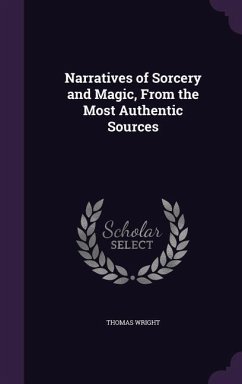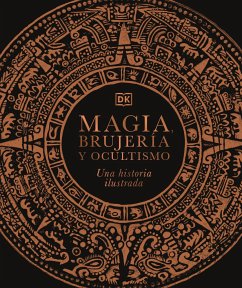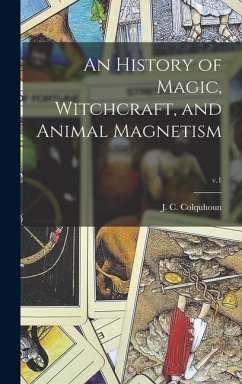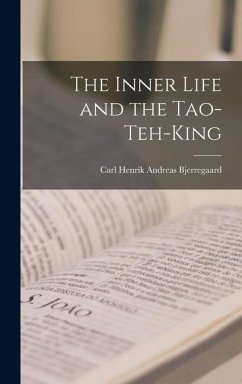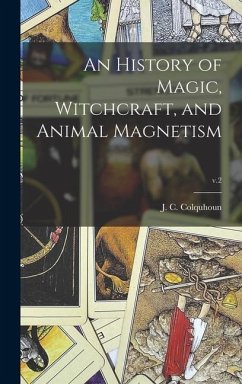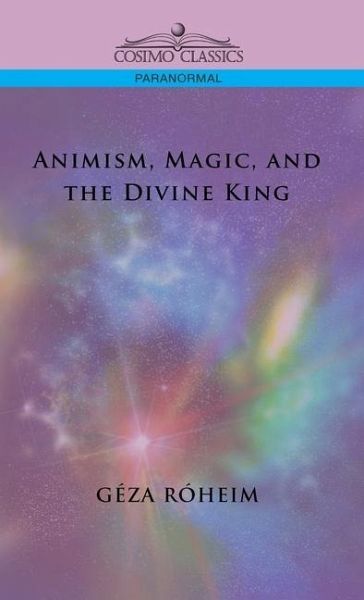
Animism, Magic, and the Divine King
Versandkostenfrei!
Versandfertig in über 4 Wochen
31,99 €
inkl. MwSt.
Weitere Ausgaben:

PAYBACK Punkte
16 °P sammeln!
If the ancient kingdom of Sumer was the due of the serpent or bull hero who defeated the old serpent or bull and had access to the Divine Mother we can understand why her love appears to be a dangerous boon in later ages. For year by year the chosen of Ishtar has to encounter a foe of his own blood and one of the two "bulls" is dispatched to the country without return. -from "The Divine King" Thoroughly fascinating and totally engrossing, this 1930 work is an exploration of myth and magic in ancient cultures and how they tapped into the most elemental of human experiences-sex, death, tribalism...
If the ancient kingdom of Sumer was the due of the serpent or bull hero who defeated the old serpent or bull and had access to the Divine Mother we can understand why her love appears to be a dangerous boon in later ages. For year by year the chosen of Ishtar has to encounter a foe of his own blood and one of the two "bulls" is dispatched to the country without return. -from "The Divine King" Thoroughly fascinating and totally engrossing, this 1930 work is an exploration of myth and magic in ancient cultures and how they tapped into the most elemental of human experiences-sex, death, tribalism, and war-to lay the foundations of modern religion, contemporary politics, and even the tradition of scientific inquiry. Armchair anthropologists, readers of comparative mythology, and anyone interested in the fundamental basis of the human subconscious will find this book extraordinarily enlightening. Hungarian anthropologist GÉZA RÓHEIM (1891-1953) was the first professor of anthropology at the University of Budapest, a position he held from 1919 to 1938, when he fled to the United States to escape the unrest of Europe just prior to World War II. He is also the author of The Riddle of the Sphinx (1934), The Origin and Function of Culture (1943), The Eternal Ones of the Dream (1945), and The Gates of the Dream (1952).



![Magic, White and Black; or The Science of Finate [!] and Infinate Life, Containing Practical Hints for Students of Occultism Cover Magic, White and Black; or The Science of Finate [!] and Infinate Life, Containing Practical Hints for Students of Occultism](https://bilder.buecher.de/produkte/74/74769/74769129n.jpg)
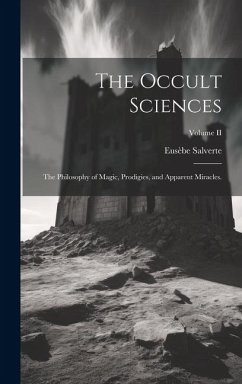

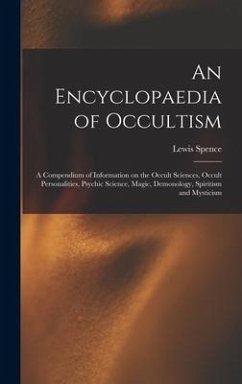
![Art Magic, or, Mudane, Sub-mundane and Super-mundane Spiritism [microform] a Treatise in Three Parts and Twenty-three Sections, Descriptive of Art Magic, Spiritism, the Different Orders of Spirits in the Universe Known to Be Related to, or In... Cover Art Magic, or, Mudane, Sub-mundane and Super-mundane Spiritism [microform] a Treatise in Three Parts and Twenty-three Sections, Descriptive of Art Magic, Spiritism, the Different Orders of Spirits in the Universe Known to Be Related to, or In...](https://bilder.buecher.de/produkte/66/66131/66131855n.jpg)
